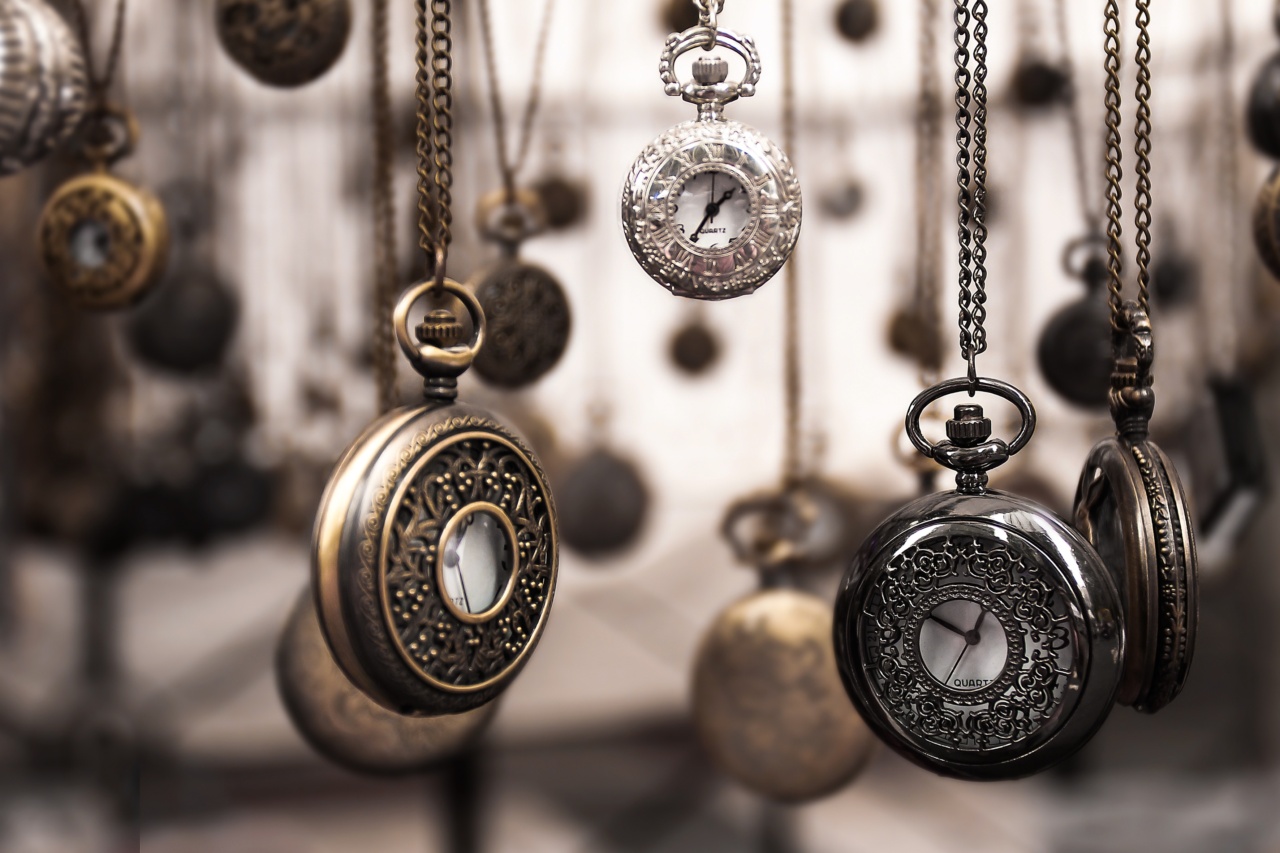Iron is one of the essential minerals required by the body. It plays a crucial role in the formation of hemoglobin in red blood cells, which transfers oxygen from the lungs to the other parts of the body.
A lack of iron can lead to a condition known as anemia, which can make you feel tired and weak. However, the amount and the way in which iron is consumed matters a lot, as its combination with certain foods can affect its absorption. In this article, we will list some food combinations you should watch out for when it comes to iron intake.
1. Foods High in Calcium and Iron
Calcium is an essential mineral required for building strong bones and teeth. Foods like milk, cheese, yogurt and other dairy products are rich in calcium. However, these foods are not good for iron absorption.
When calcium-rich foods are consumed with iron-rich foods, the calcium can prevent the absorption of iron. Therefore, it is recommended to consume foods high in calcium and iron separately. For instance, if you have a spinach salad, you can pair it with almonds, which are not only a good source of healthy fats but also have good amounts of iron.
2. Tea and Iron
Tea, especially black tea, is rich in antioxidants and has several health benefits. However, consuming tea with meals can reduce iron absorption.
Tea contains tannins, which can bind with the iron in your food, preventing it from being absorbed by your body. Therefore, it’s best to avoid drinking tea with meals, especially if you’re consuming iron-rich foods. If you’re a tea lover and cannot resist drinking tea with meals, it’s recommended to have it an hour before or after meals.
3. Coffee and Iron
Just like tea, coffee can also affect the absorption of iron, as it contains tannins. A study by the American Journal of Clinical Nutrition suggests that drinking coffee with meals can lead to a significant reduction in iron absorption.
It’s best to avoid consuming coffee with meals, especially if you’re consuming iron-rich foods.
4. Foods High in Zinc and Iron
Zinc is another essential mineral required by the body, which plays a role in several bodily functions such as immune function, wound healing and DNA synthesis.
Foods such as red meat, poultry, seafood, beans and nuts are high in zinc, but consuming zinc-rich foods with iron-rich foods can inhibit iron absorption. Therefore, it’s better to consume these foods separately. If you’re having a chicken salad, it is recommended to pair it with chickpeas, which are not only a good source of vegetarian protein but also a good source of iron.
5. Iron-Rich Foods with Fiber
Fiber is crucial for good digestion and has several health benefits. Foods high in fiber include fruits, vegetables, whole grains and legumes. However, consuming iron-rich foods with fiber can also inhibit iron absorption.
Fiber can bind with iron and prevent it from being absorbed by the body. Therefore, it’s recommended to consume iron-rich foods separately, especially if you’re consuming whole-grain cereals, fortified bread or beans.
6. Iron Supplements with Food Combinations
If you’re taking iron supplements, it’s recommended to avoid consuming them with foods that inhibit iron absorption. Consuming iron supplements with foods that inhibit absorption can reduce the effectiveness of the supplements.
Iron supplements are best consumed on an empty stomach. However, taking them on an empty stomach can cause stomach irritation, so it’s better to take them with vitamin C-rich foods such as orange juice, which can help improve iron absorption.
7. Vitamin C and Iron
Vitamin C is essential for good health and has several benefits, such as protecting against chronic diseases and aiding in iron absorption. Vitamin C can enhance the absorption of non-heme iron, which is the type of iron found in plant-based foods.
Therefore, consuming vitamin C-rich foods, such as oranges, strawberries, kiwi, broccoli and peppers, with iron-rich foods can help improve iron absorption.
8. Iron-Rich Foods with Vitamin A
Vitamin A is essential for good health and has several benefits, such as supporting healthy vision and aiding in immune function. Foods high in vitamin A include carrots, sweet potatoes, spinach and kale.
Consuming vitamin A-rich foods with iron-rich foods can improve the absorption of non-heme iron. Therefore, consuming spinach salad with carrots or sweet potato fries with a steak can improve iron absorption and the overall health benefits from the meal.
9. Iron Supplements with Calcium and Vitamin D
Calcium and vitamin D are known for their benefits in promoting strong bones and teeth. However, consuming calcium and vitamin D with iron supplements can inhibit iron absorption.
Therefore it is recommended to avoid consuming iron supplements with calcium and vitamin D supplements. If you’re taking these supplements, it’s better to consume them separately and at different times of the day.
10. Iron-Rich Foods with Meat
Meat is one of the best sources of heme iron, which is easily absorbed by the body. Consuming iron-rich foods with meat can enhance iron absorption.
For instance, having a steak with spinach salad can help maximize the benefits of iron intake in the body.
Conclusion
Iron is a mineral that the body needs to function effectively, promote good health and fight against diseases. Consuming iron-rich foods alone may not be enough to meet your daily needs.
You need to be mindful of the types of food combinations you consume. Certain food combinations can inhibit iron absorption. Therefore, it’s essential to consume foods in the right combination to maximize the benefits of iron and improve overall health.





























